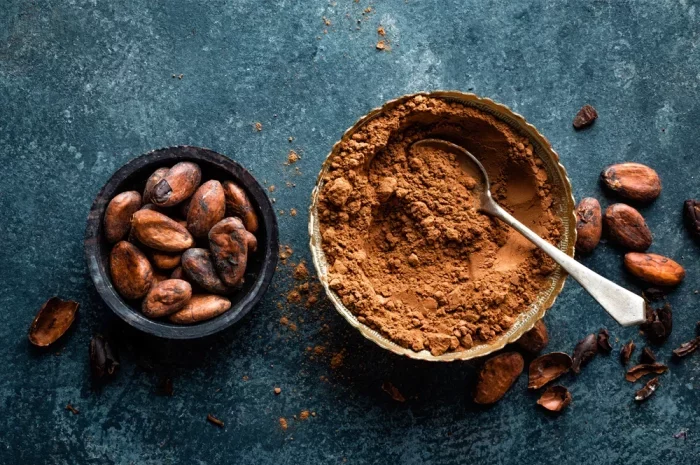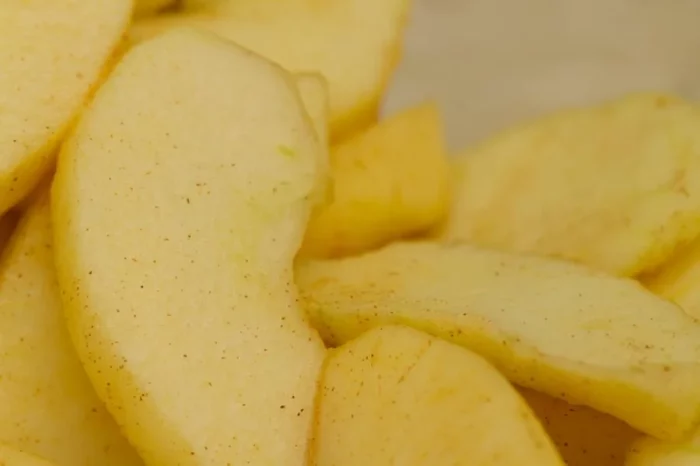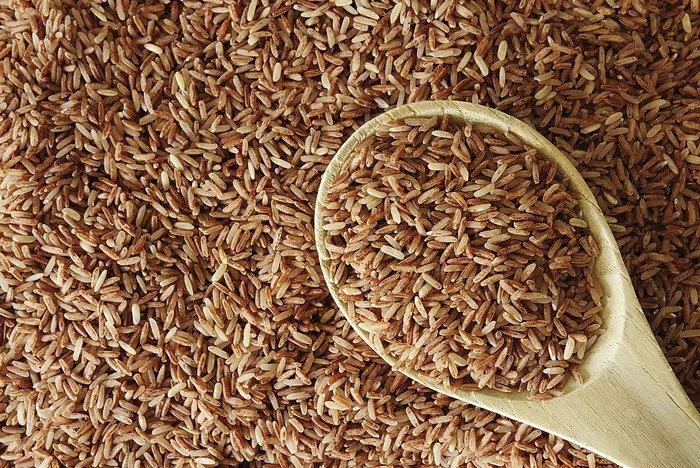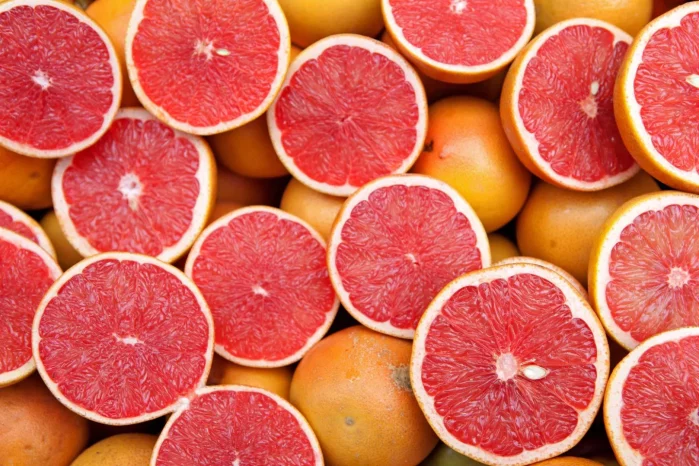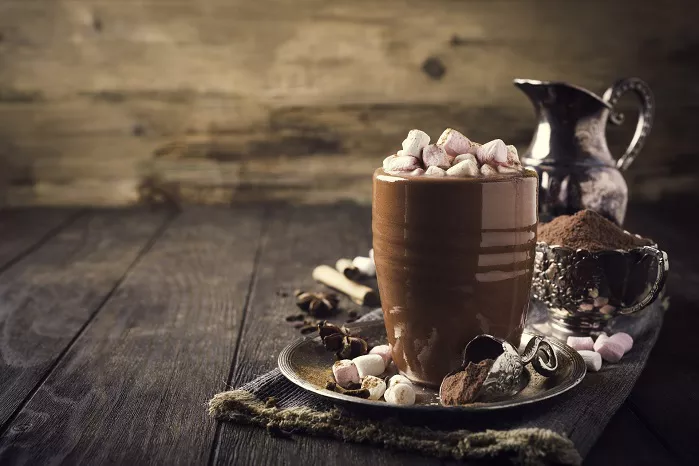Cocoa drink, a beloved beverage cherished across cultures, holds a special place in the hearts of many. Beyond its delicious taste, cocoa drink boasts a rich history, versatile preparation methods, and a plethora of health benefits. In this comprehensive guide, we delve into the origins of cocoa, its cultural significance, nutritional value, and how it can be incorporated into modern diets.
The Origins of Cocoa: A Historical Perspective
Cocoa, scientifically known as Theobroma cacao, traces its origins back to ancient Mesoamerican civilizations, where it was revered as the “food of the gods.” The Mayans and Aztecs cultivated cocoa trees and consumed cocoa in various forms, including as a frothy, bitter beverage. These early societies considered cocoa to have divine properties and used it in religious ceremonies and social gatherings.
When Spanish explorers encountered cocoa during their conquest of the Americas in the 16th century, they introduced it to Europe, where it quickly gained popularity among the aristocracy. Over time, innovations in processing techniques led to the development of the chocolate we know today, but the tradition of consuming cocoa as a beverage persisted.
The Art of Making Cocoa Drink: Traditional and Modern Techniques
Traditional cocoa drink recipes vary among cultures, but they typically involve grinding cocoa beans into a paste and mixing it with water, milk, or other liquids. Sweeteners such as honey, sugar, or spices like cinnamon may be added to enhance the flavor. The mixture is then heated and frothed to create a velvety texture.
In modern times, cocoa drink preparation has evolved to include convenient powdered mixes and ready-to-drink formulations. These products often contain cocoa powder, sugar, milk solids, and flavorings, offering a quick and easy way to enjoy the indulgent taste of cocoa without the need for extensive preparation.
The Cultural Significance of Cocoa Drink
Throughout history, cocoa drink has been more than just a beverage; it has served as a symbol of hospitality, celebration, and social connection. In many cultures, sharing a cup of cocoa is a gesture of friendship and goodwill, fostering bonds between individuals and communities.
In some regions, such as West Africa and Central America, cocoa holds deep cultural and economic significance. Cocoa farming provides livelihoods for millions of people, and rituals surrounding cocoa production and consumption are woven into the fabric of daily life.
Nutritional Benefits of Cocoa Drink
Beyond its cultural significance, cocoa drink offers numerous health benefits, thanks to its rich nutritional profile. Cocoa is packed with antioxidants, including flavonoids and polyphenols, which help combat inflammation and oxidative stress in the body. These compounds have been linked to a reduced risk of chronic diseases such as heart disease and cancer.
Additionally, cocoa is a good source of minerals such as magnesium, iron, and potassium, as well as vitamins B1, B2, B3, and B6. It also contains caffeine and theobromine, natural stimulants that can improve mood and cognitive function.
Research suggests that consuming cocoa regularly may have several positive effects on health, including:
1. Heart Health: The antioxidants in cocoa can improve blood flow, lower blood pressure, and reduce the risk of cardiovascular disease.
2. Brain Function: Cocoa has been shown to enhance cognitive function and protect against age-related decline in brain health.
3. Mood Enhancement: The compounds in cocoa can stimulate the production of neurotransmitters such as serotonin and dopamine, promoting feelings of well-being and happiness.
4. Weight Management: Despite its rich flavor, cocoa is relatively low in calories and can be incorporated into a balanced diet as a satisfying treat.
Incorporating Cocoa Drink into a Healthy Lifestyle
While cocoa drink can be enjoyed as an occasional indulgence, it can also be a nutritious addition to a well-rounded diet. Here are some tips for incorporating cocoa into your daily routine:
1. Choose Dark Chocolate: Opt for dark chocolate with a high cocoa content (70% or higher) to maximize antioxidant benefits and minimize sugar intake.
2. Experiment with Recipes: Get creative in the kitchen by adding cocoa powder to smoothies, oatmeal, or yogurt for a nutritious twist.
3. Enjoy Mindfully: Savor the rich flavor and aroma of cocoa drink, taking time to indulge your senses and appreciate the moment.
4. Moderation is Key: While cocoa offers health benefits, it’s important to consume it in moderation and be mindful of added sugars and calories.
Conclusion
Cocoa drink, with its deep-rooted history, cultural significance, and numerous health benefits, continues to captivate and nourish people around the world. Whether enjoyed as a comforting beverage on a chilly evening or incorporated into a nutritious diet, cocoa remains a timeless symbol of warmth, indulgence, and well-being. Embrace the tradition of cocoa drink and reap the rewards of this ancient elixir for both body and soul.



